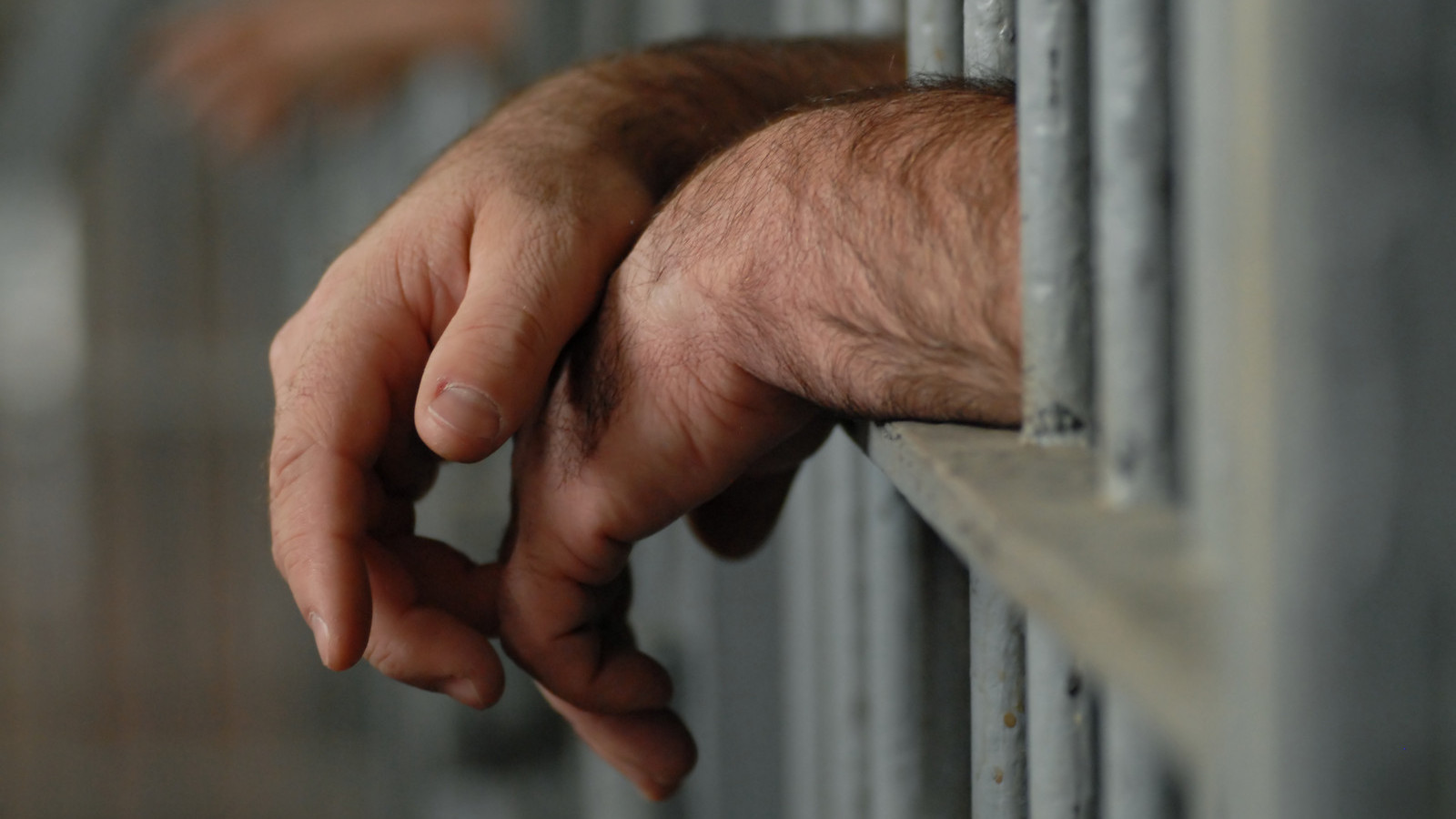Hearing Probes PA Judges’ Mandatory Retirement Age
Lawmakers are mulling possible changes to the mandatory retirement age for the state’s judges, and a House Judiciary subcommittee heard from all sides of the issue on Thursday. The focus of the hearing was HB 79, which would change the constitutional age limit on PA judges from 70 to 75.
The current judicial age restriction was imposed in 1968. “Many of us know there have been many demographic changes in Pennsylvania and in our nation since that time,” said state Rep. Kate Harper (R-Montgomery), the bill’s prime sponsor. “Not the least of which is, of course, that life expectancy has advanced in that time from age 70 to 78.”
Pennsylvania is one of 33-states that currently impose some sort of age restriction on judges. While one must retire from the bench at the age of 70 in the Keystone State, he or she still has the ability to serve as a senior judge until the age of 78.
Duquesne University Law School Dean Kenneth Gormley testified in favor of Harper’s legislation, telling the Subcommittee on Courts the mandate made sense back in 1968. “The age of 70 for any jurist at that time was a pretty advanced age,” he explained.
But in 2013, Gormley says the mandate is especially restrictive for women whose average projected life expectancy is 81.1-years. Men bring today’s combined average life expectancy down to 78.7.
The Harper bill appears to be the middle ground in this discussion. A separate Senate bill would completely eliminate the mandatory retirement age for the state’s judges, while others believe the limit ensures that judges are removed from the bench before decreased mental capabilities pose any problems.
Pennsylvanians for Modern Courts, which does not take a position on the issue, points out that judges themselves are divided over whether the mandatory retirement age is necessary.




